Steps to becoming a foster carer
Becoming a foster carer is a big decision and one that you might have been thinking about for a while. We know that it can feel a bit daunting, but rest assured we have dedicated team to guide you through the process every step of the way.
Here’s an overview of the typical journey to becoming a foster carer.

Step 1 – Initial enquiry
The first step is to get in touch with our friendly recruitment team for an initial, commitment free conversation about fostering. This is a chance for us to find out a bit more about you and for you to ask any questions. You can contact us online by completing our enquiry form or by calling us on 0300 131 2797.

Step 2 – Information session
You may want some more information, and attending a local information session or event is a great place to learn more about the fostering process, requirements, and expectations. Depending on where you are these may be held online or in-person, and sometimes feature current foster carers who can provide valuable insights into what fostering is really like. Contact us to find out details of events in your local area.

Step 3 – Initial assessment
After expressing your interest, you’ll undergo an initial assessment. This may involve a home visit from a social worker or recruitment officer who will discuss your motivations, lifestyle, and suitability for fostering. They will also provide information about the types of fostering available and give you a more thorough understanding of what to expect throughout the application process.

Step 4 – Preparation training
If the initial assessment is successful, you’ll be invited to attend preparation training. This training covers a range of topics including: child development, safeguarding, attachment theory, and managing challenging behaviours. It aims to equip you with the knowledge and skills needed to care for foster children effectively.
The training offers a valuable opportunity to connect with other foster carer applicants, building a strong support network from the very beginning of your fostering journey.

Step 5 – Formal assessment
Either during or after the preparation training, you’ll undergo a more in-depth assessment known as a Form F Assessment. This involves a series of interviews, home visits, and checks to assess your suitability to become a foster carer.
The assessment will explore various aspects of your life, including your upbringing, relationships, parenting experience (if any), health, and support networks. We will also want to talk to your children or any other members of your household. Your assessor will be an experienced social worker from your local authority who will be there to listen, support, and encourage you every step of the way.

Step 6 – References and checks
As part of the assessment process, the fostering local authority will request references from people who know you well, such as employers, friends, and close family members. You are asked to choose up to six people who would be willing to provide a reference and three will be interviewed as part of the process.
You will also provide details of previous partners (if you have children together, cohabited, or were married), who will always be approached with sensitivity. We will conduct various checks, including Disclosure and Barring Service (DBS), health and other checks with local authorities and relevant agencies.

Step 7 – Approval panel
Once the assessment is complete, your case will be presented to an independent fostering panel. Panel members, who have relevant experience in fostering, will review your assessment and make a recommendation regarding your suitability to become a foster carer. You may be invited to attend the panel meeting to answer any questions they may have. Your assessing social worker will support you throughout.

Step 8 – Approval decision
Based on the panel’s recommendation, a decision will be made by the local authority Agency Decision Maker (ADM) regarding your approval as a foster carer. The ADM is a specific role that each local authority has and will be a senior leader within children’s social care. If approved, you’ll receive a fostering approval certificate and be matched with children and young people in need of foster care.

Step 9 – Ongoing support and training
Following your approval as a foster carer, you’ll receive ongoing advice and guidance from your local authority. You’ll be allocated a supervising social worker and will be invited to training and support groups, where you can connect with other local foster carers and truly feel part of our fostering community.

Step 10 – Review and development
Your approval as a foster carer is subject to regular reviews to ensure that you continue to meet the necessary standards and requirements. These reviews provide an opportunity to discuss any concerns, receive feedback, and identify areas for development.
Overall the application process for becoming a foster carer in the UK is thorough and comprehensive, aiming to ensure that prospective carers are well-prepared and equipped to provide safe, stable, and nurturing environments for children and young people in their care.
Think you’re ready to make the first step?
Whether you’re ready to start the application process or would just like some more information, we’d love to hear from you.
